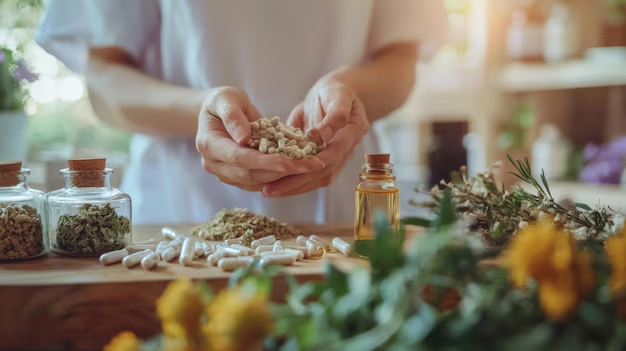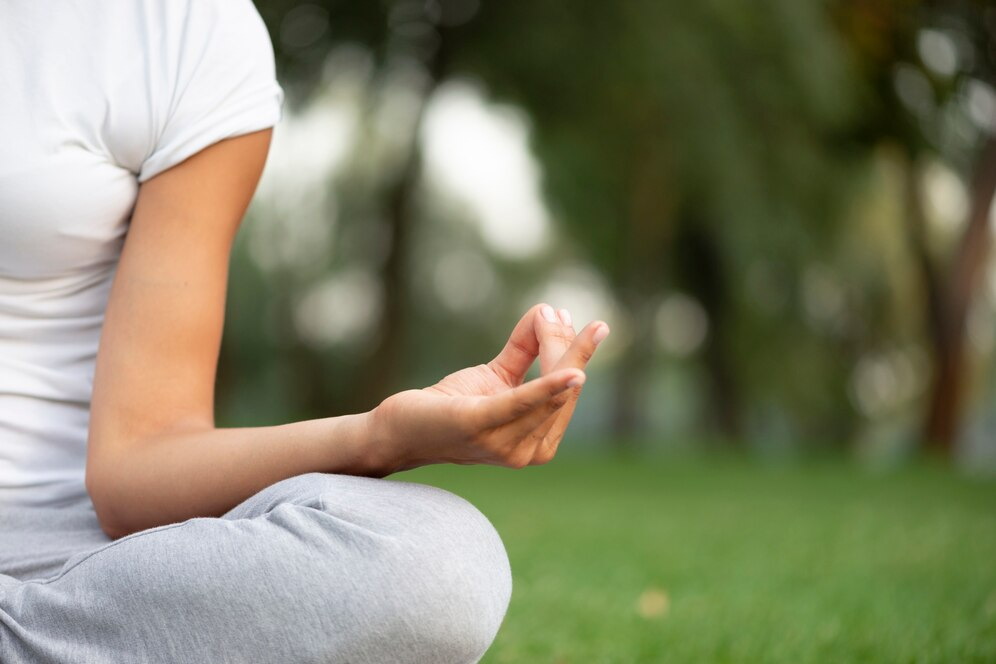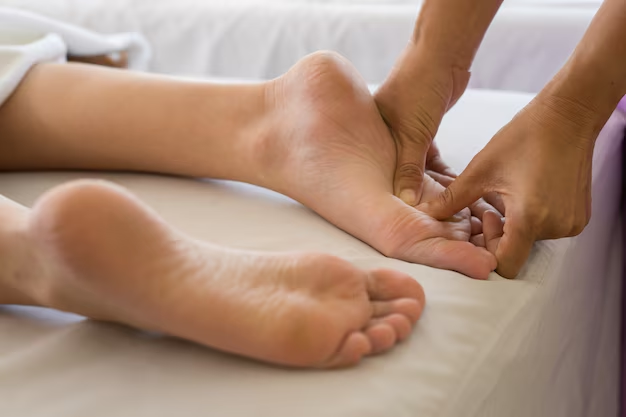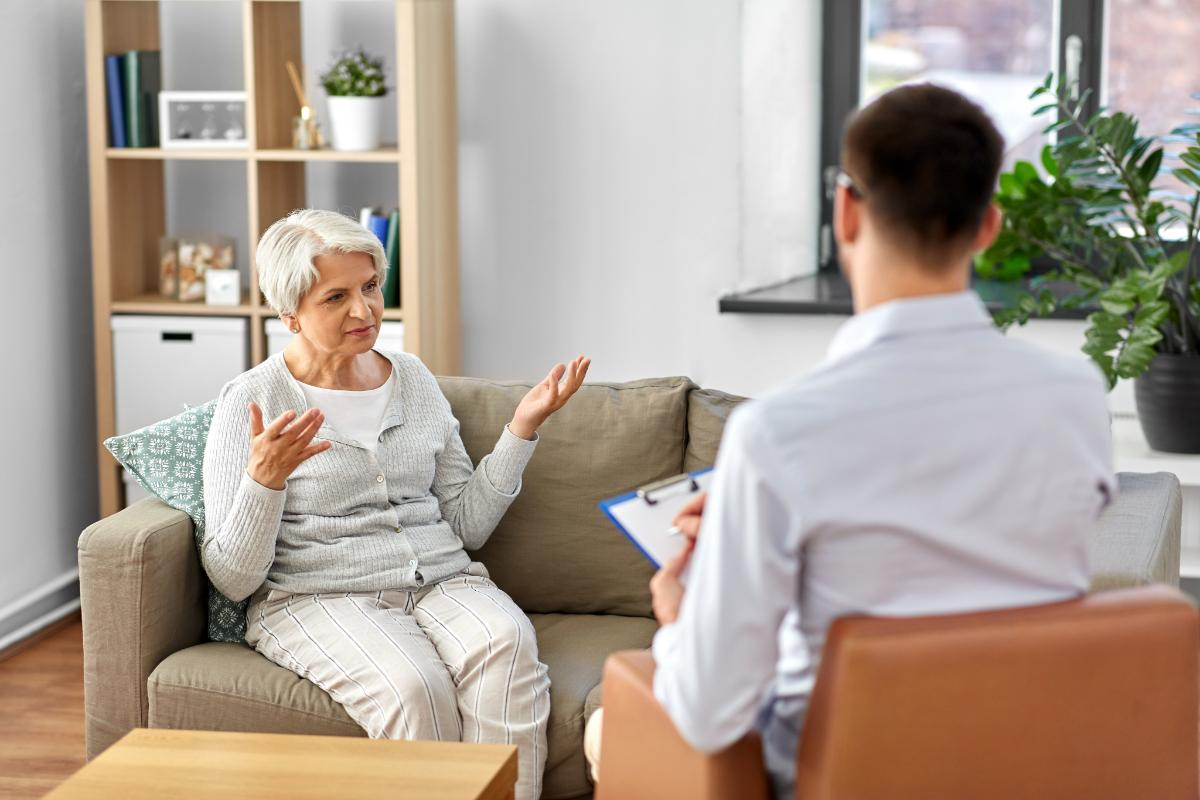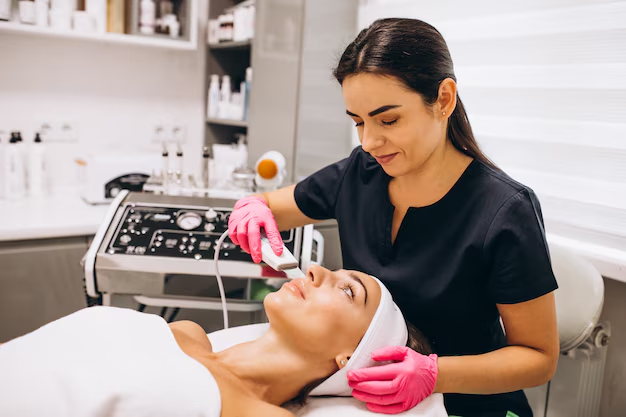Discover Your Perfect Healer Today!
Our online practitioner directory connects you with a wide range of healers to suit your unique needs.
Easily search and find the right professional to support your wellness journey.
Start exploring today to find your perfect match.
Modality
Disease
Books
Products
Events
Training
Blogs
Holistic Health
A Guide on What Happens During a Holistic Health Session?
A holistic health session generally means an all-around approach to wellness that incorporates physical, emotional, and spiritual health into the treatment. These sessions are generally ...
Read More → Written by
Michael Johnson
Holistic Health
Expert Tips to Maximize Healing Potential Through Holistic Health
Holistic health is all about finding the balance in the body, mind, and spirit and making well-being from it as healing. Using expert tips will ...
Read More → Written by
Michael Johnson
Reflexology
A Beginner’s Guide: How to Get Started with Reflexology
Reflexology is a type of therapy where the natural healing abilities of the body are called upon through touch on the feet, hands and even ...
Read More → Written by
John Smith
Occupational Therapist
Breaking Down the Financial Investment in Occupational Therapy
Occupational therapy (OT) plays a great role in being able to make someone become independent again and to live a quality life. However, many ask ...
Read More → Written by
James Williams
Aesthetician
Understanding Aestheticians: Everything You Need to Know
Aestheticians are skincare experts who focus on improving the health and appearance of your skin. Aestheticians have solutions for acne, aging, and trying to keep ...
Read More → Written by
James Williams
Integrative Medicine
Integrative Medicine: A Path to a Healthier You
Innovative medicine is changing health care as it combines the best parts of conventional health care with proven complementary treatments that are evidence-based. This approach ...
Read More → Written by
David Brown

